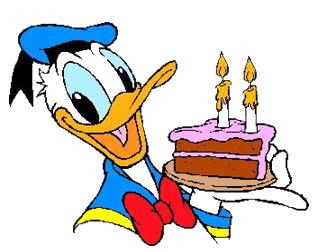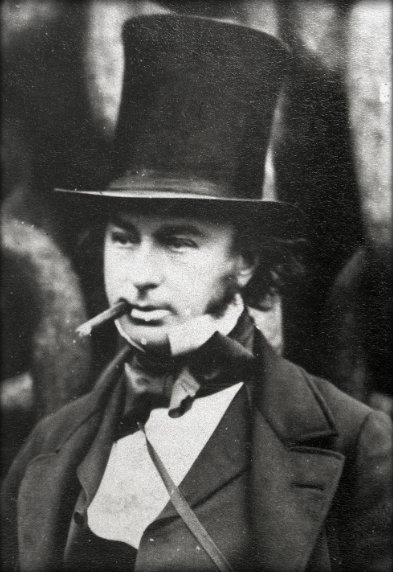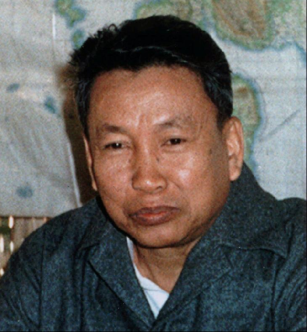
1877 inaugural Wimbledon championships – so play tennis
Argentina Independence Day:
Argentina comes from the Latin ‘argentum’, silver, as Europeans thought there were mountains of silver to be found.
Before the Europeans arrived Argentinians were a mix of hunter-gatherers and farmers who made pottery.
Amerigo Vespucci arrived in 1502. The Spanish Empire made it part of the Viceroyalty of Peru, then in 1776 it became the Viceroyalty of the Rio de la Plata (Silver River), with Buenos Aires as its capital.
The 1810 May Revolution replaced the Viceroy with a Junta, a government made of local people. During the revolution some parts of the Viceroyalty broke away and became independent states: Uruguay, upper Peru and Paraguay.
There was then a civil war between the Centralists, who wanted Buenos Aires to rule a united land, and the Federalists who wanted little independent states.
From 1861 everything was settled, and Argentina welcomed in a huge wave of European immigrants that made it the seventh wealthiest country in the world.
In 1930 the democratically elected president was shoved out of the way by José Félix Uriburu’s military coup.
Argentina stayed neutral in WWI and nearly all of WWII, jumping in a month before the end at America’s insistence.

The minister of welfare, Juan Domingo Perón, became president in 1946 and introduced Peronism, where important services were nationalised, he reached 100% employment, improved wages and working conditions and repaid all external debt. Wow.
But then the economy started to suffer from over-expenditure and in 1955 Argentina’s own navy bombed the Plaza de Mayo, injuring 800 people and killing 364, in the first step of a military revolution called the Revolucion Libertadora.
Perón had to go into exile. The revolution leaders banned Peronism, but at the next elections a Peronist successor was elected, Arturo Frondizi, and he reversed everything; there was another military coup, Peronism was banned again; then Arturo Illia was elected and he tried to legalise Peronism, then there was another military coup, and so on and so on.
This last coup was led by Juan Carlos Onganía, who banned all political parties and unions (always a good start), but in 1973 the elections were back, and so was Peronism…. and so was Perón.
Tension was now so high that when he returned from exile, snipers fired on the welcoming crowd to kill the left-wing supporters, injuring 365.
Perón was elected president, and expelled the Montoneros from the party, which were a left-wing guerrilla fighter group.
Perón died the next year and his wife took his place, secretly ordering police and the military to destroy the left-wing radicals. Then she was ousted by the Proceso, which again banned all political parties and unions and made anyone associated with left-wing politics disappear.
Then Leopoldo Galtieri became head of state and decided to invade the Falklands. Bad idea. The UK defeated them in two months. Argentina then brought back democracy (huzza) and veered between neoliberalism and Peronism some more, ad infinitum.
Activities: Dance the tango. The official national sport is pato. Make locro (stew).
Other events today:
- Australia Constitution Day (see 26 January)
- Palau Constitution Day – see 1st October
- South Sudan Independence Day – see 1st January
- Nunavut (Canadian natives) Day
















